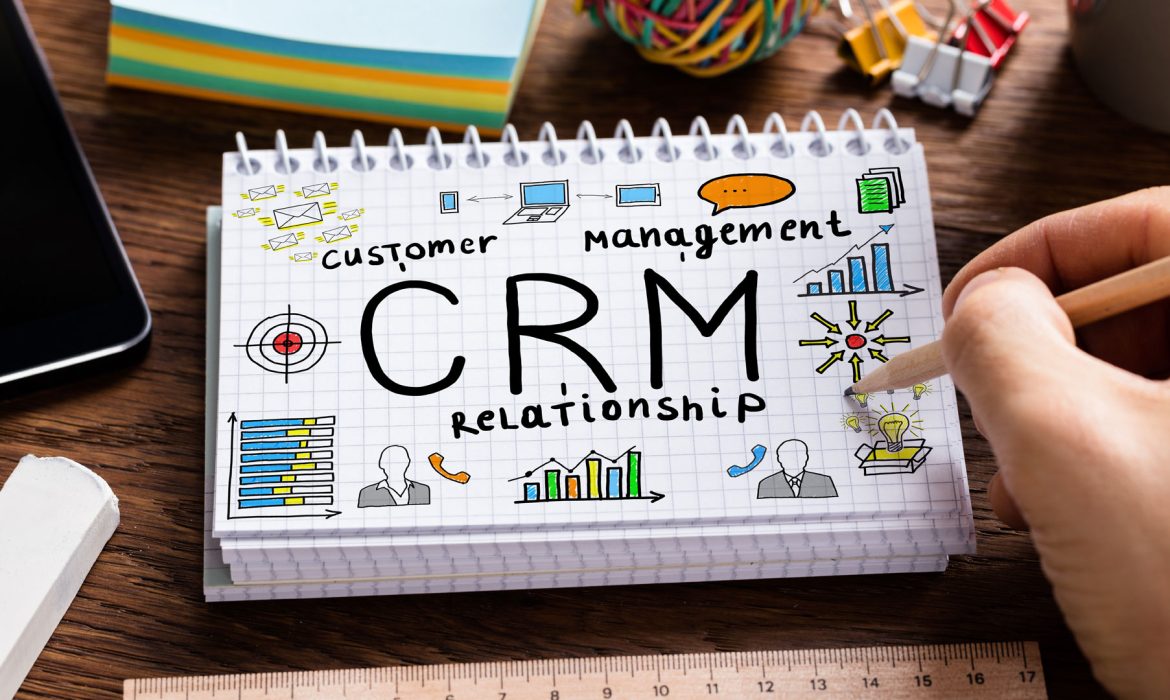Why is Customer Relationship Management Important?
Dealing with a diverse customer base is challenging, as a business is nothing without its customers. Moreover, keeping the existing customers is cheaper than acquiring new ones. However, loyalty is difficult to measure, define, and achieve. It may take years to design process Customer Relationship Management Systems, perfect tools, or establish a top-tier team to maintain customer trust and satisfaction, especially management of high-value and high-risk customers or those in between. A can enable you to manage your business and meet each customer’s unique needs. After discussing the basics, dive deeper into the tactics to streamline resource allocation and enhance personalization.
What is Customer Relationship Management?
It can be described as a set of practices and processes to manage your business relationships with customers. Meanwhile, it also includes every interaction between a business and its existing or potential customers, starting with the brand’s first interaction. Tracking leads, sales, and opportunities, managing and organising past communications, establishing strategies, and running effective marketing campaigns are all part of building stronger relationships beyond focusing on offering personalised interactions and understanding customer needs. It also means building customer trust and loyalty in your business to make them feel valued and recognised at every touchpoint.
How Can A CRM System Streamline Customer Relationships?
In the business world, a CRM system is computer software that is a fundamental sales and marketing tool for businesses. Global CRM market revenue on the CRM market was 25% in 2018. Beyond being used as a technology or system, it can also be taken as a business approach to keep customers in view while making business decisions. CRM solutions as a tool automate your sales and marketing processes, help manage and organize business data from all sources, and streamline your business relationships. Your sales and marketing teams can run personalised campaigns to increase sales.
How to Measure the Efficiency of Personalized CRM?
Personalised interactions strengthen customers’ bonds with a business, leading to repeated business. Meanwhile, it also reduces the chance of missing opportunities. By understanding customers’ unique preferences throughout the journey, you can act immediately to avoid losing sales, which leads to impactful customer interaction. In addition, you can hardly improve your CRM efforts if you cannot measure them, so track the following metrics.
- Net Promoter Score: Companies can evaluate customer loyalty and satisfaction by asking how likely they will suggest or recommend your products or services to others.
- Customer Retention Rate: You can also track customer engagement and loyalty within a specific period. It also means that a higher retention rate shows effective personalisation.
- Conversion Rates: After running personalised campaigns, sales and monitoring teams can evaluate the percentage of leads converting into sales opportunities or regular customers.
- Customer Lifetime Value: CLV is another important strategy that evaluates the total revenue a customer can bring to your business over its lifetime. High CLV rates mean that your personalisation strategies are working.
- Feedback & Surveys: Your teams can also directly ask customers about their experience with your brand. This will further give you insights into your strategies and areas needing improvement.
- Engagement Metrics: Businesses can evaluate the duration, frequency and depth of interaction on their digital platforms. Additionally, more engagement indicates effective personalisation.
- Revenue Tracking: It is important to track revenue from customer segments because your CRM is effective if personalised segments show progress.
- Churn Rate: Companies should examine how many customers have left their business, as a lower churn rate is a positive indication for your business.
Top Tactics to Improve Customer Relationship Management with CRM System
1. Track Customer Interaction & Behaviour
Knowing your audience is the most important thing about a good sales and marketing strategy. An effective CRM system can help you understand how prospects and customers find your service or products and interact online. It allows you to collect significant data about new and potential customers and know them much better.
2. Offer Loyalty & Reward Programs
Many successful businesses or big corporations offer rewards or cash-back programs to promote customer loyalty. For instance, you can give your customers a discount on a product and ask for their review to make the customer experience perfect. Moreover, introducing a digital currency can motivate customers to collect digital points after making a purchase. This will further encourage them to return.
3. Run Tailored & Targeted Marketing Campaigns
To improve your customers’ behaviour and interactions, you should start by implementing the first strategy. Once you achieve that goal, you must become more proactive and utilise this data to run targeted marketing campaigns. You can create effective customer relationship marketing campaigns through personalised emails and customer segmentation.
4. Cleaning & Deduplication of Business Data for Enhanced Marketing
You should ensure your teams communicate smoothly while interacting with customers. A little mistake can harm your business. Luckily, you can avoid common mistakes by investing in the right tool. For instance, a CRM system can unify all your data into a single system to avoid duplication. Meanwhile, it lets you easily manage, cleanse or regulate data, benefiting from up-to-date information.
5. Prepare Detailed Reports on the Customer Base
CRM system lets you get detailed internal and external reports on your business performance. It is an efficient way to understand business health and campaign performance. You can also export and use your business data whenever and wherever needed. This data also helps align your sales and marketing efforts so you can easily understand personal and professional relationships.
6. Ensure Collaboration & Customer Service Integration Through Automated Tools
Another important thing to consider is team collaboration. Your teams should work in cooperation to achieve common business goals. This close collaboration is critical to improving the customer service experience. Digital tools like CRM automate various tasks and ensure optimal performance.
Final Thoughts
Suppose you visit your favourite café with a barista; remember your name and what you like to eat. That’s the power of personalised service that keeps customers intact and loyal to a brand. Customer relationship management follows the same principle, recognising the significance of high-value customers and their unique preferences. Thus, businesses need to apply top tactics to keep customers coming back. CherryBerry UCM can help you as a reliable service partner to enhance personalisation. Contact us today to overcome the challenge of maintaining strong relationships.




